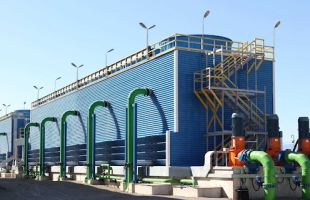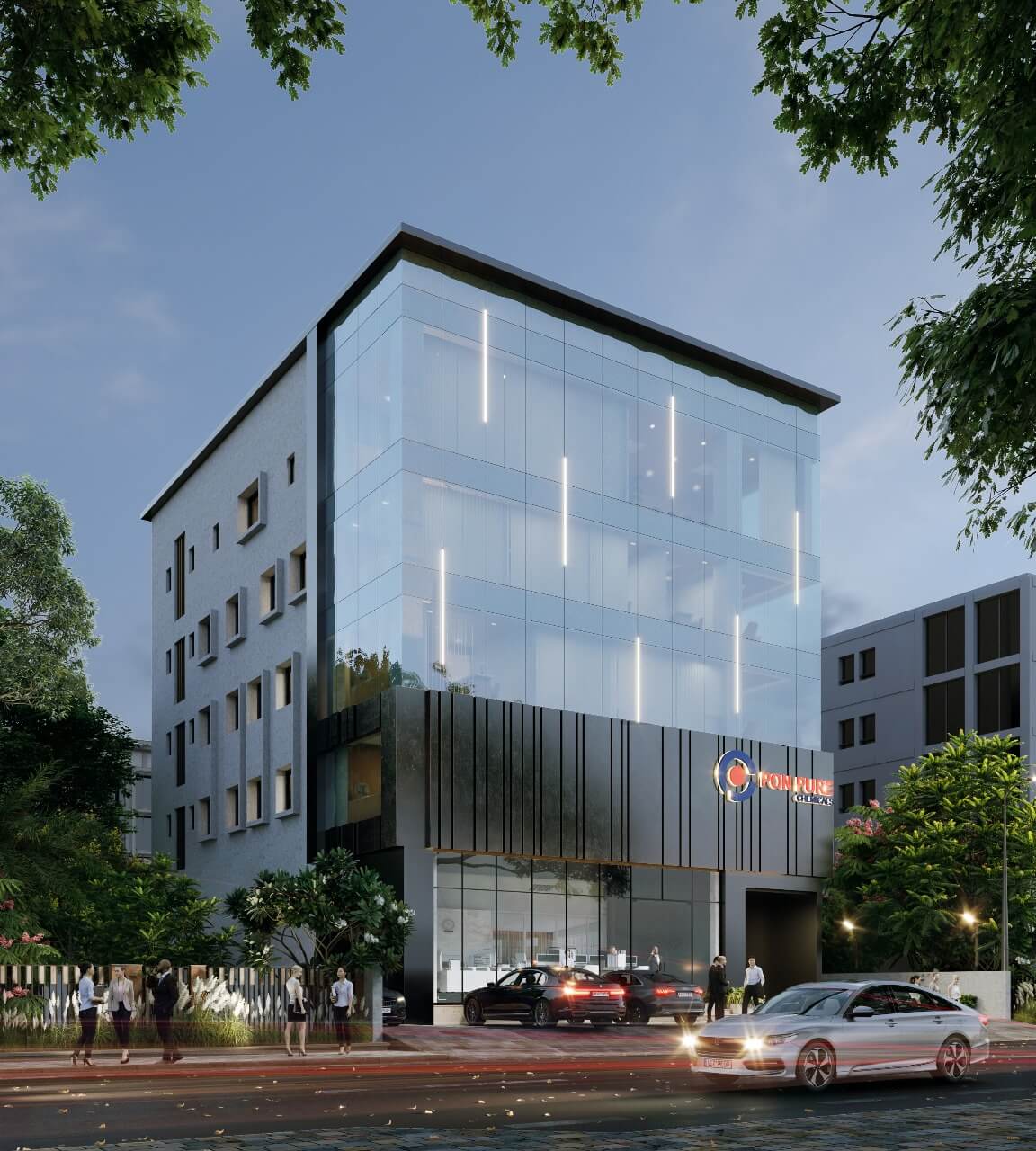COOLING TOWER CHEMICAL

COOLING TOWER CHEMICAL
Our cooling tower chemicals are formulated to prevent scaling, corrosion, and biofouling, ensuring efficient heat exchange and prolonged system life. They effectively control algae, biofilm, and deposits, reducing maintenance costs and operational disruptions. Suitable for various industries, our chemicals improve water quality, enhance performance, and ensure compliance with environmental regulations
Request for QuoteProduct Description:
cooling tower chemical
Product List
| Product Name | Description | |
|---|---|---|
|
PURER CW SERIES
|
DISPERSANT/CHLORINE ACTIVATOR/CORROSION INCUBATOR | |
|
PURER SP 101
|
SINGLE DRUM TRATEMENT |




















